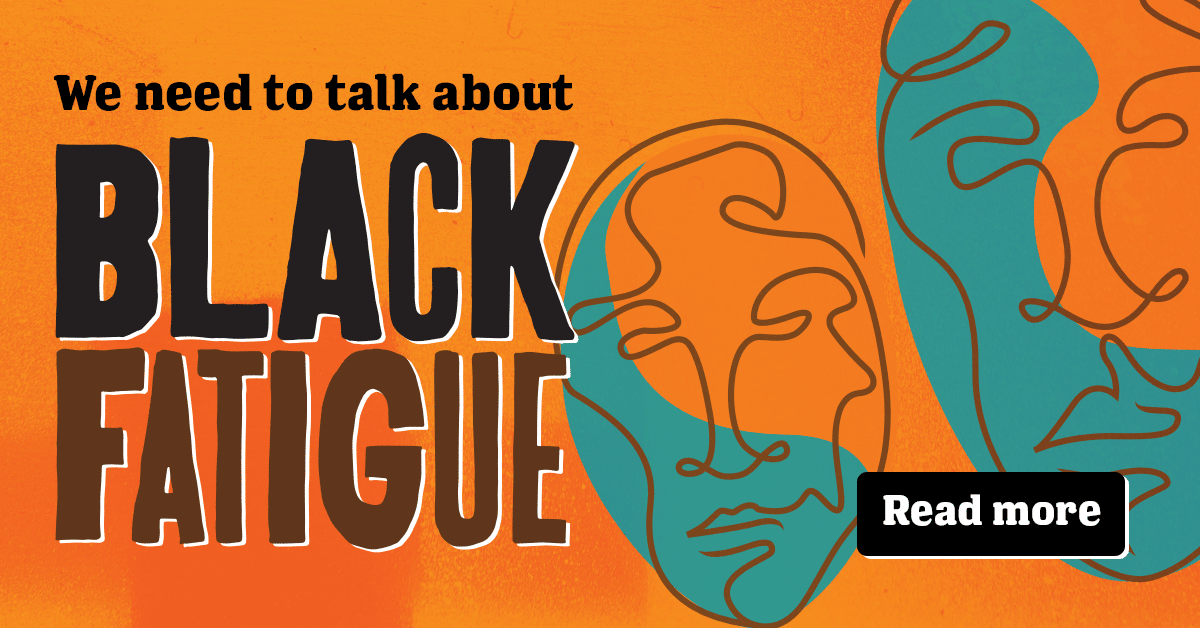This blog post has been adapted from Chapter Three of our book, Inclusive Conversations: Fostering Equity, Empathy, and Belonging across Differences, by Mary-Frances Winters. It describes a 3-step process for practicing metacognition and explains how working on self-talk and self-concept can improve inclusive conversations.
***
Practicing metacognition can improve your skills in engaging in conversations across differences, especially on the topic of race, one of the most difficult to navigate. Metacognition is the ability to think about and regulate one's own thoughts. It is thinking about thinking. Through the process of thinking about thinking, you can change your thoughts. This concept is gaining popularity in how teachers train students to approach a task.
It has been described as "knowing about knowing", becoming "aware of one's awareness," and the ability to engage in higher-order thinking skills. Metacognition refers to a level of thinking that involves active control over the process of thinking that is used in learning situations. There are three stages to metacognitive thinking; planning, monitoring, and evaluation.
1. Planning Your Inclusive Conversation
During the planning phase, you ask yourself:
- What will be required to engage in this inclusive conversation?
- Have I done anything like this in the past?
- What do I already know about race and racism?
- What do I want as the outcome of this conversation?
- Is this a debate or a dialogue? Am I trying to win an argument or learn something new?
2. Keeping Your Conversation on Track
During the monitoring stage, which happens during the conversation, the key self-reflective questions include:
- Is the conversation leading toward the original goal?
- How well am I doing in practicing inclusion in this conversation?
- Am I keeping an open mind, or am I starting to be judgmental?
- Am I really listening to understand?
- Should I be asking more clarifying questions?
- Are we still dialoguing, or is it moving towards debate?
- Are there things being said that are triggering for me? Why?
3. Assessing the Outcome
The third stage of metacognitive thinking is evaluation.
- How did I do?
- Did I achieve the goal?
- What could I have done differently?
- What biases did I notice surfacing in my thinking?
- What do I need to learn in order for these types of conversations to go better the next time?
- What made me say that to my co-worker? How would I interpret my co-worker's response?
- What in my life's experiences made that a trigger for me?
- Why did I interpret that situation so differently from my co-worker?
Some experts in metacognition have expanded the idea and embrace social metacognition, which includes the influence of culture and our self-concept on how we think.
Self-Talk Helps Us to Manage Our Unconscious Bias
Unconscious bias is a very popular topic in the DEI arena today. I am often asked, "If my biases are unconscious, how do I know that I have them?" If we are engaging in metacognition, it is easier for us to bring what is unconscious to our consciousness. Our unconscious biases usually trigger a behavior or a thought that we verbalize.
For example, take the thought, "We always recruit from these schools because we get good talent." Asking yourself why you said that, and why you might be biased towards those schools, can help you to be open to other options. Another example: "I am okay with hiring underrepresented groups as long as they are qualified." Asking yourself WHY would you think they would not be qualified is metacognitive thinking. Learning to think metacognitively is a skill and habit that will enhance your capability for inclusive conversations.
The Role of Self-Concept in Effective Inclusive Conversations
Self-concept is influenced by our social identities. Social identity is a person's sense of who they are based on their group membership. Social psychologist Henri Tajfel proposed that the groups (e.g., social class, family, race, ethnicity, nationality, profession, etc.) to which we belong are an important source of pride and self-esteem. Research shows that people are motivated to have a positive social identity. When we feel connected to a social group, our self-esteem is higher, and we feel safe and accepted. In contrast, when people feel excluded, rejected, or ignored by others, they experience hurt, and pain and are likely to withdraw from the interaction.
Understand Your Own Intersectional Identity
We belong to more than one social identity group, known as intersectionality. More and more employees are invited to bring their "whole" selves to work. The idea of "whole self" acknowledges that we have multiple identities that intersect and overlap. Intersectionality, a term coined by Kimberly Crenshaw, professor at both Columbia Law School and the University of California Los Angeles, addresses the perpetual exclusion of black women in feminist, anti-racist discourse. Intersectionality recognizes those group identities, such as race, gender, sexuality, class, and age overlap and intersect in dynamic ways that shape an individual's experience.
Ask yourself: "Who am I, and how do my multiple identities influence how I think about myself and others?"
Intentionally focusing on and interrogating your thoughts and being aware of the impact of your social identities will enhance the chances of a successful cross-racial dialogue.



